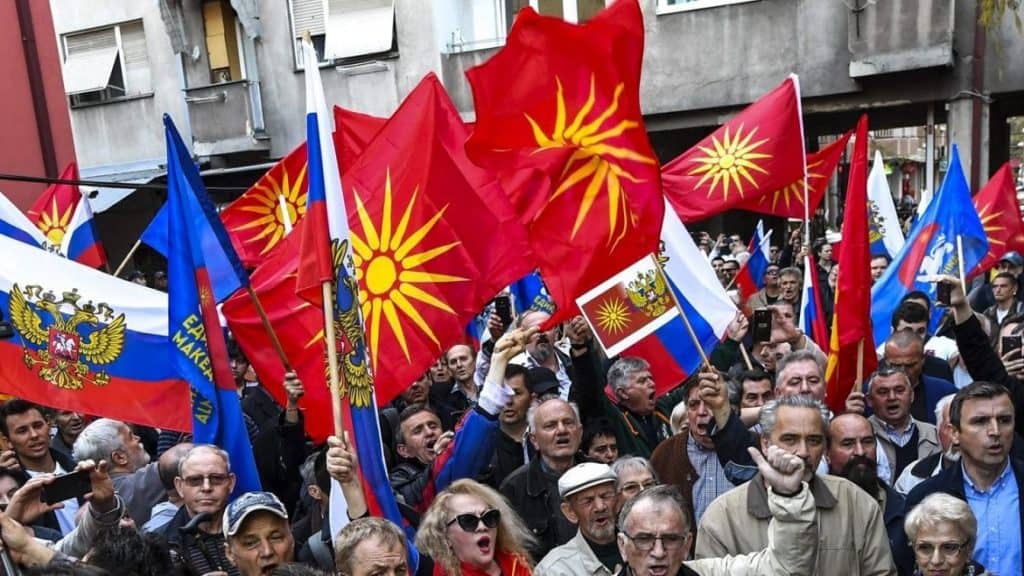By Denis Korkodinov
Throughout the post-Soviet period of history, Russia was seeking to keep the Balkan region out from the influence of the North Atlantic Alliance. Moscow has traditionally viewed NATO as a major source of danger to its state sovereignty. In this regard, the aspiration of the neighboring Balkans to join the North Atlantic Treaty causes serious concern in the Kremlin.
It is worth noting that since the First World War, Russia has occupied a dominant position in the Balkan region, where the formation and independence of many states literally depended on the will of Russian politicians. For this reason, when, for example, Montenegro and Northern Macedonia were one step away from joining NATO, Moscow felt the threat of the losing of its influence in the Balkans.
The Kremlin traditionally proceeds from the view that there is the risk that the aspiration to join NATO could spread from the Balkan to the Caucasus, which Moscow considers as a strategically important area of its foreign policy and where the loss of influence could negatively affect the national security system.
Meanwhile, Moscow’s ability to counteract the spread of the influence of the North Atlantic Alliance on the Balkan region is currently very limited. Russia has become overly keen on Middle Eastern affairs, as well in promoting its interests in Latin America and Africa, and it is not able to pay the due attention the partners in the Balkans. In turn, the Balkan states are experiencing a certain disregard regarding Moscow, and they are increasingly oriented toward the West. Also because Russia cannot yet offer them any equivalent alternative.
Systematically the squealing conflicts in the Balkans in one way or another negatively affect Russian politics in this region. Some countries of the international community are trying to blame Moscow for the tension, although Russia is the least interested in creating hotbeds of crisis in the immediate vicinity of its borders. The inter-ethnic disputes in Bosnia and Herzegovina, Serbia and Kosovo could become a model of behavior for the republics of the Caucasus, including Ingushetia and Dagestan, which is completely unacceptable for Russia. Because of this, Moscow aims not to incite conflicts in the Balkans, but to level them as far as possible, thereby ensuring the stability of the security architecture in the region.
At the same time, the lack of sufficient opportunities to level conflicts in the Balkans creates significant obstacles to the implementation of the Russian mission. Therefore, the process of destabilizing the region, which is gaining momentum, is a serious challenge for Moscow, which is rapidly losing its influence on the local political establishment, which is increasingly looking toward the Western countries. So far, this process is reversible, given the certain loyalty of the leaders of the Balkan states towards Moscow, but the situation may change dramatically in the near future.
(The views expressed in this article belong only to the author and do not necessarily reflect the views of World Geostrategic Insights)
Image Source: balkaninsight.com







